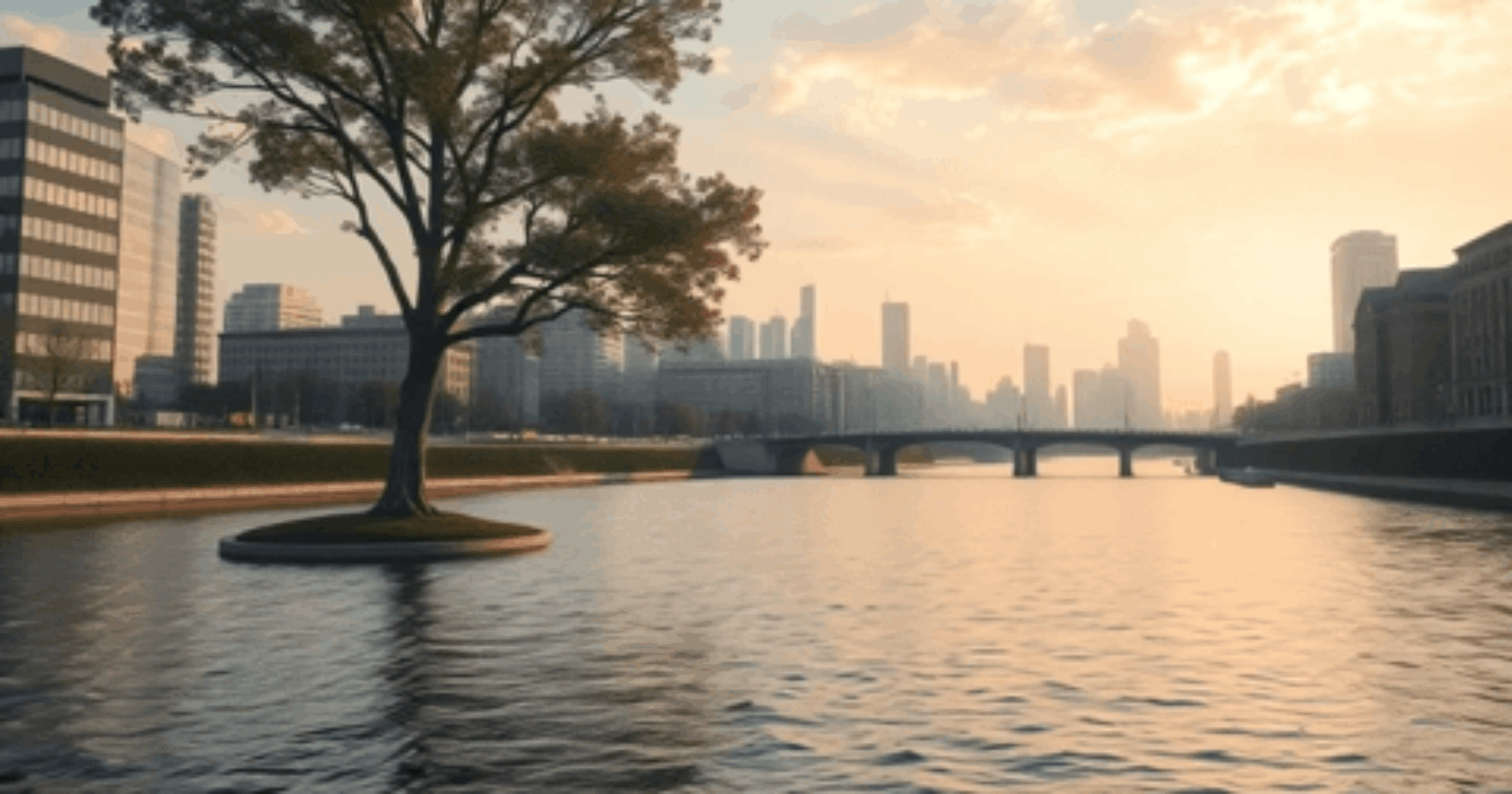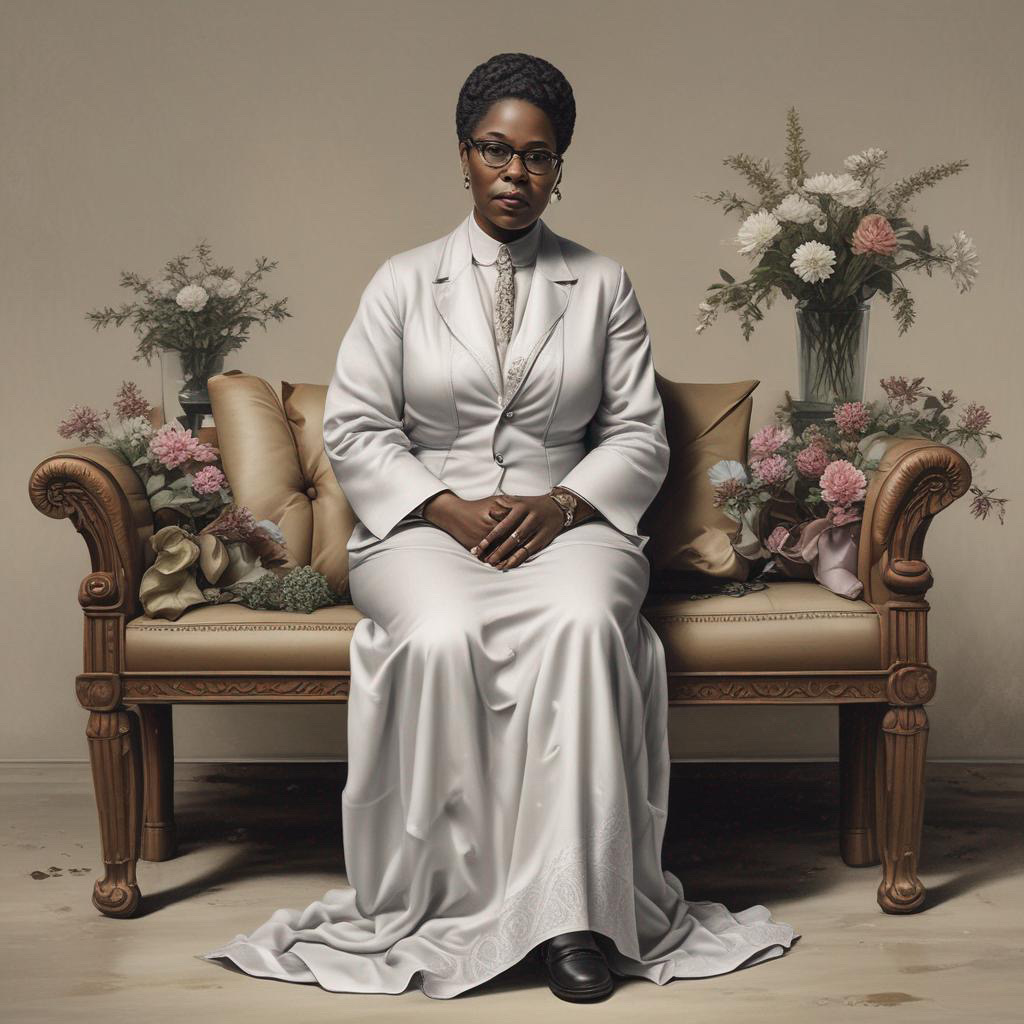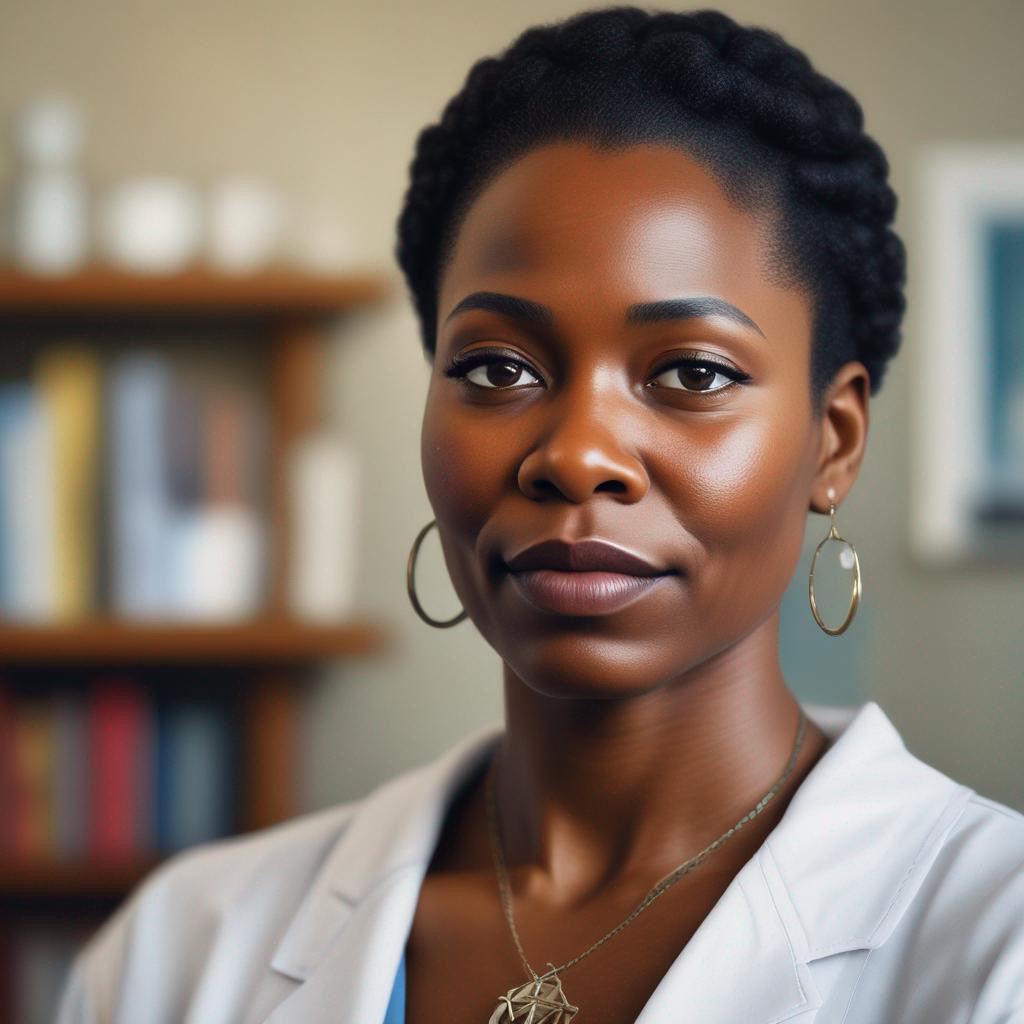As we continue to reflect on the essence of true worship, let’s consider the words of the prophet: “Is this the fast I choose a day to humble oneself?” (Isaiah 58:5). Here, God beckons us not toward empty rituals, but toward a vibrant, living faith that pulses with compassion and justice. This scripture invites us to strip away the facade of religious observance and instead embrace the beautiful, messy work of love and liberation.
Imagine a garden flourishing under the sun, where each flower represents an act of kindness, a moment of grace. When we break the chains of injustice and share our bread with hungry people, we become gardeners nurturing that garden. Our acts of service are seeds planted in the fertile soil of community, growing into a tapestry of hope that wraps around the weary and brokenhearted. This is the fast God desires—not merely an outward show but a heartfelt commitment to uplift those who are downtrodden.
Consider the profound words of theologian James Cone, who spoke of the debate between faith and suffering within the African American experience. Faith becomes a lifeline, a source of strength amidst despair. Just as the Israelites faced their struggles, we are called to remember where we came from. Our history—marked by profound pain and resilience—reminds us that true worship is not found in ritual alone but in our willingness to confront injustice and embrace one another in love.
As we gather in the community, let us shed the weight of amnesia. Let us remember our past not as a burden but as a foundation upon which we stand. May we relinquish the indifference that often clouds our vision while fasting? When we humble ourselves, we open our hearts to suffering, transforming our faith into action.
In this sacred space, we are called to embody hope. Each small act of kindness is a flicker of light in the darkness, illuminating the path for others. As we journey together, let us encourage one another to lift our voices for those who have been silenced and extend our hands to those in need. In doing so, we fulfill the true essence of worship—one that resonates with love, justice, and a profound commitment to the flourishing of all.




